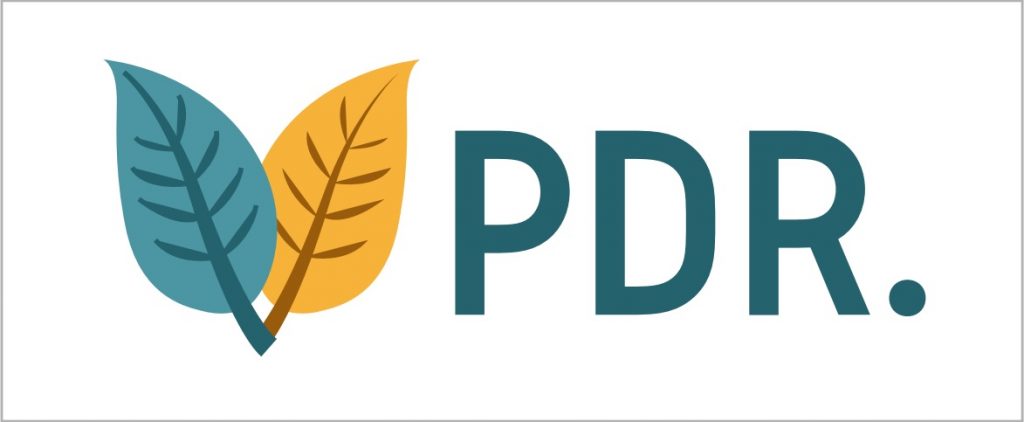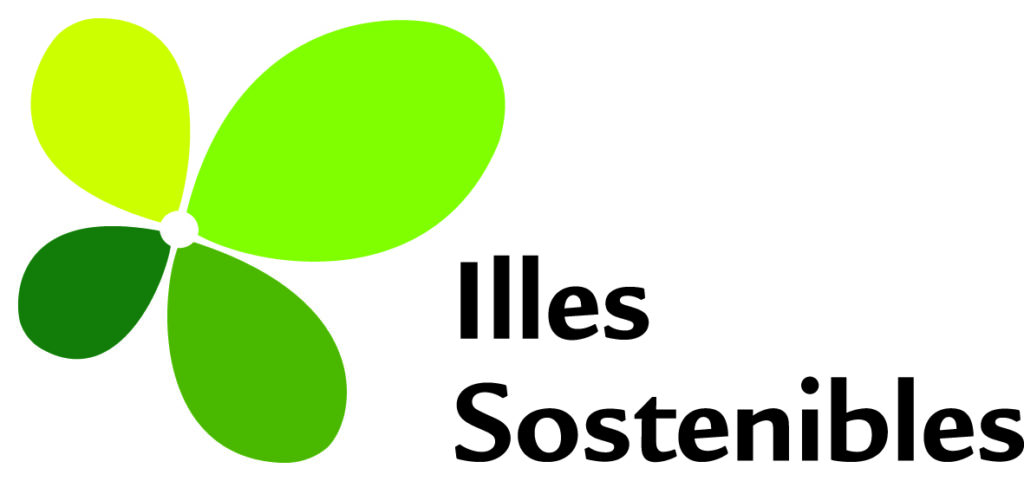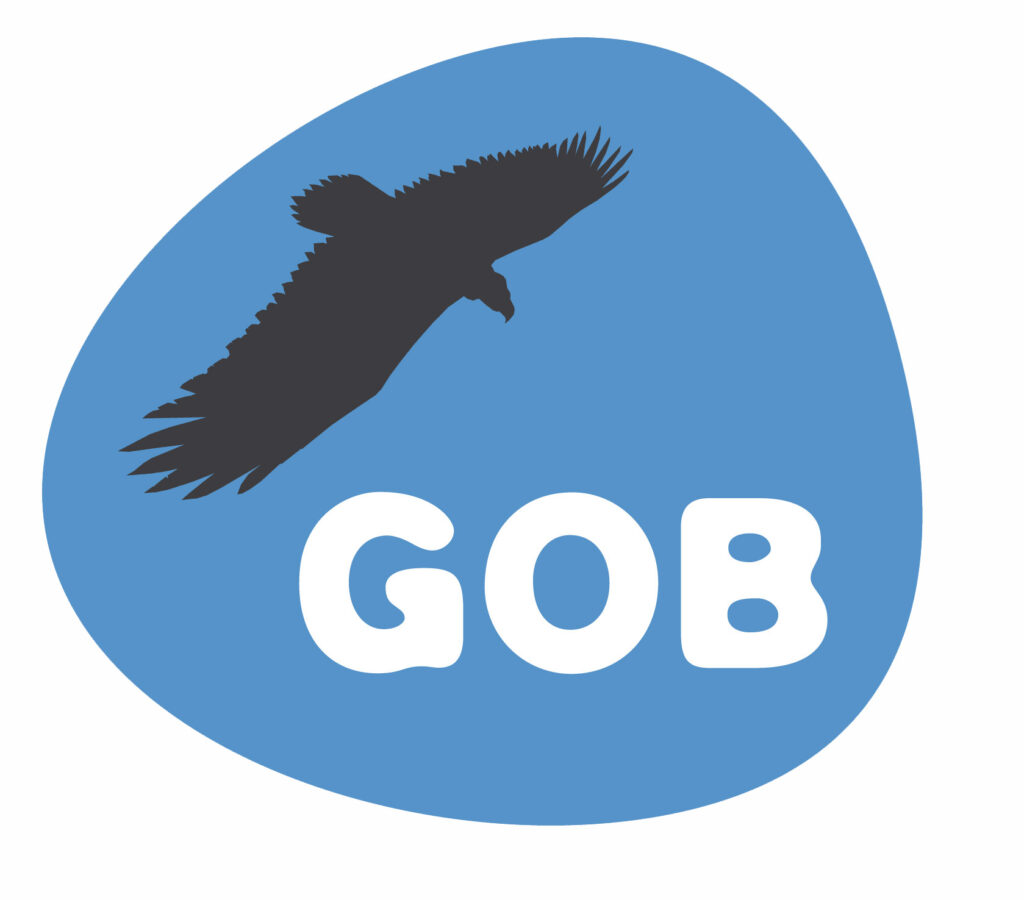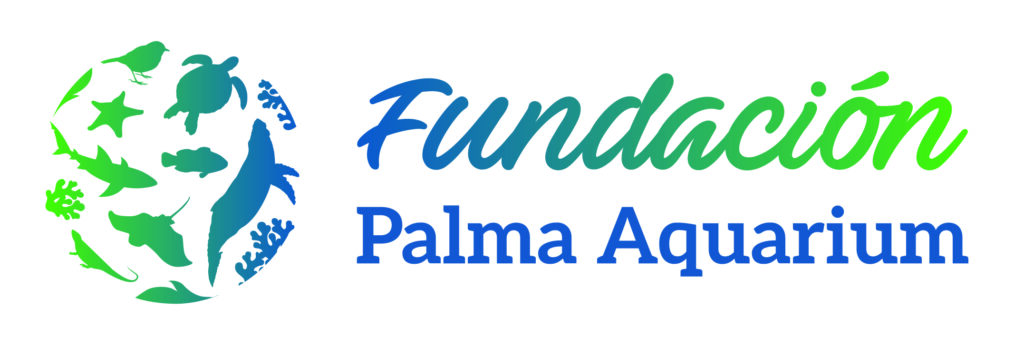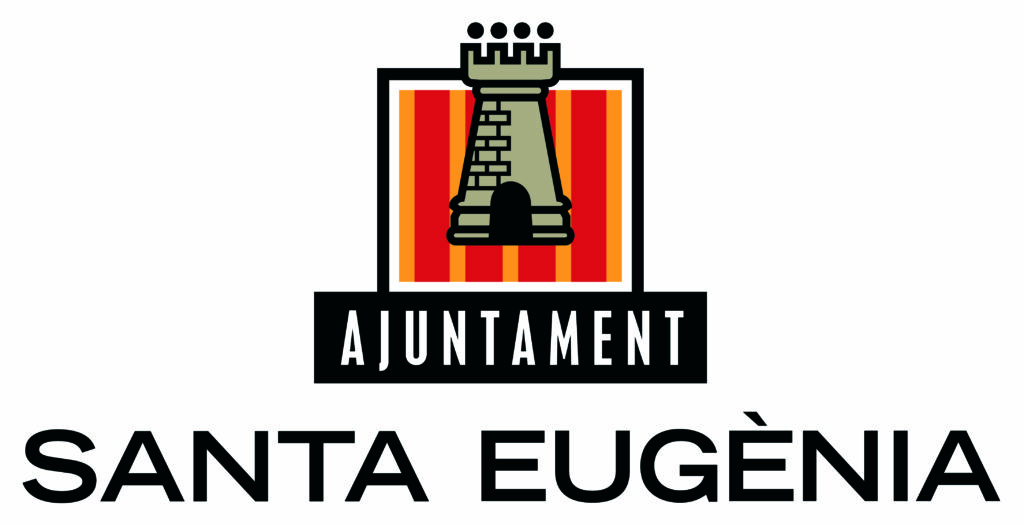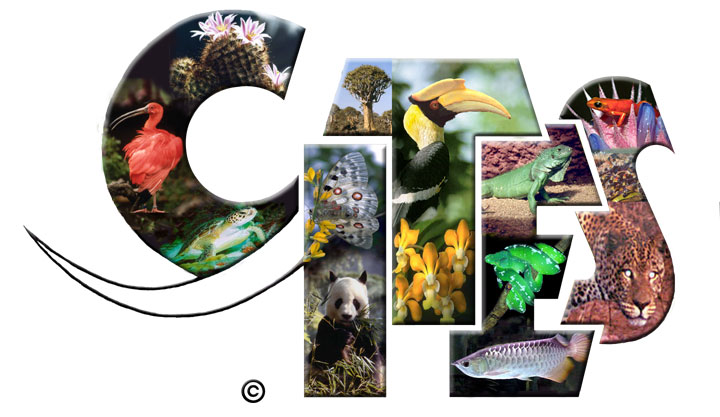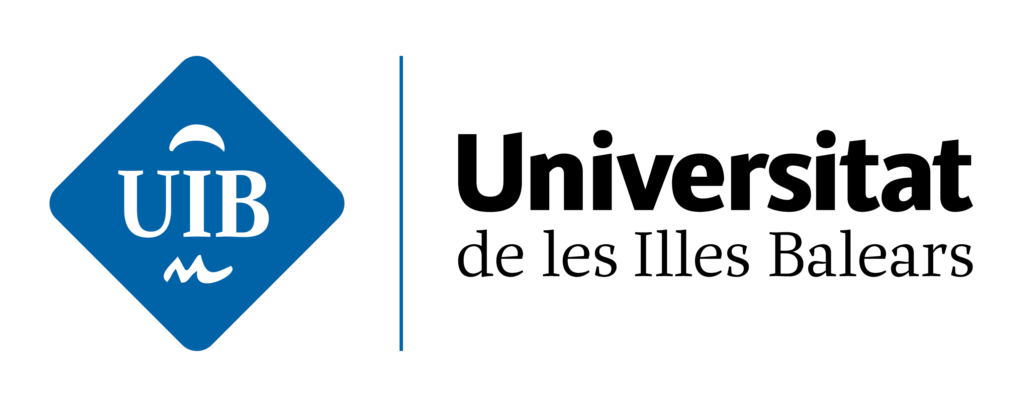You’ll find answers to the most frequently answered questions here. If you can’t find the information you’re looking for, get in touch with us.
What to do if you find a wild animal that is injured or needs help?
If you find a wild animal, whether in the countryside, the city or a park, it might be injured or need help, or perhaps there is nothing wrong with it and you just happened to have crossed its path.
The first thing to remember is to make slow, subtle movements and keep your voice low in order to avoid stressing the animal. You should also ring the COVIB recovery centre before taking any action or if you have any questions.
If you have found a chick that has fallen from the nest, you will find information in a specific section on this website.
If you think the animal is injured or needs help, take the following steps. These are essential measures that can save the animal’s life.
- Pick it up carefully, using thick gloves or a towel. Never approach the face of an animal. Try to handle it as little as possible.
- Put it in a cardboard box lined with newspaper and make some holes for ventilation. Make sure the box is securely closed.
- Put the box somewhere quiet and slightly warm.
- Do not give the animals food or water.
-
Call the wildlife recovery centre to arrange for the animal to be taken to the centre as soon as possible.
If you find a dead bird of prey, particularly if you find a group of dead birds, don’t touch them. Call 112 (the pan-European emergency number). They may have been poisoned or this could be an environmental crime and a specific protocol should be followed.
Please take a look at this information: Protecció aviram (cat)
There are two species of native snakes in Mallorca: the mullet snake (M. mauritanicus) and the water snake (N. maura). Recently, other snakes from the Iberian Peninsula have appeared in the Balearic Islands, brought unintentionally through the transport of goods. In general, the adults are more than one metre in length (depending on the species) and live near houses where they search for rats and mice, which form their main diet. They tend to avoid human presence, but they can bite if cornered, although the bite is not dangerous for humans or domestic animals. The imported snakes are protected in the Iberian Peninsula, but this protection does not apply in the Balearic Islands protection where they are considered introduced or invasive, depending on the species and the island on which they are found.
What should I do?
First of all, we need to understand which species we are dealing with because, as we have already mentioned, they are protected in the Balearic Islands, as well as being harmless. Once identified (see snake identification sheet or, if in doubt, call the COFIB and we will try to help you), if it is an invasive species that you cannot keep under control, the best solution is to kill it as quickly and humanely as possible.
> More information in this leaflet.(cat)
> Instructions on making a cage for snakes.
There are two native tortoise species in the Balearic Islands: the Mediterranean tortoise (Testudo hermanni) is the most common and widely distributed (Menorca and Mallorca) and the less common black tortoise (Testudo graeca), which is present in the southwest of Mallorca and Formentera.
These are legally protected species that may not be kept in captivity in private homes.
If you find a tortoise in the countryside, we recommend that you first identify it (see turtle guide) and then leave it where you found it – or as close as possible to the original site, taking into account potential dangers such as roads, dogs, etc. If you have questions, call the COFIB and we will try to help you.
If the tortoise is sick or injured, call the recovery centre immediately to arrange for it to be taken to the centre. Rapid assistance can save the tortoise’s life.
80% of the tortoises admitted to the COFIB wildlife recovery centre come from captivity.
Wildlife recovery centres Balearic Islands
Contact our wildlife recovery centres on each island.
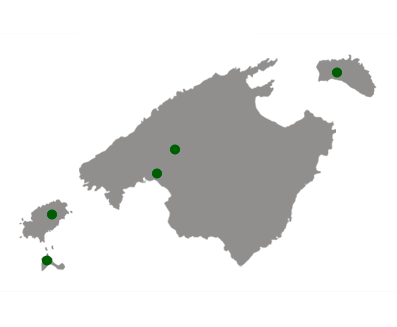
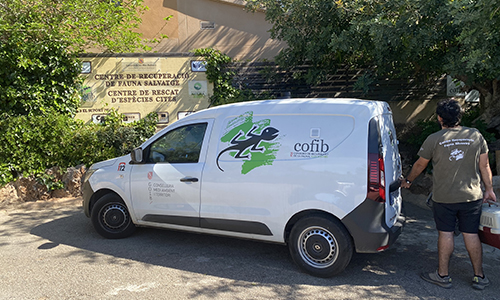
MALLORCA Centre
COFIB wildlife recovery centre in Mallorca.

IBIZA Centre
COFIB wildlife recovery centre in Ibiza
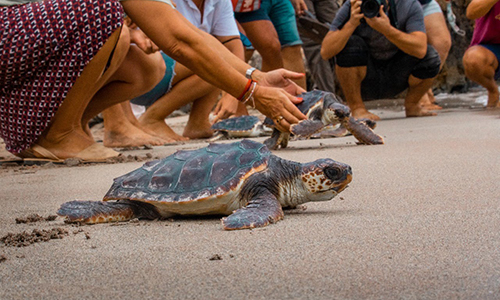
Fauna Marine
MARINE wildlife recovery centre
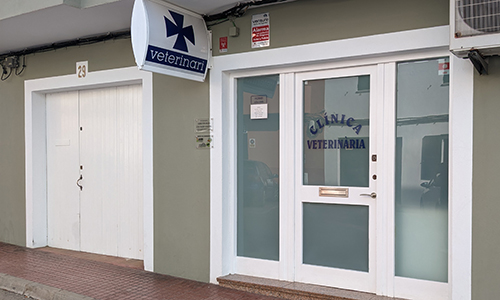
MENORCA Centre
COFIB wildlife recovery centre in Menorca
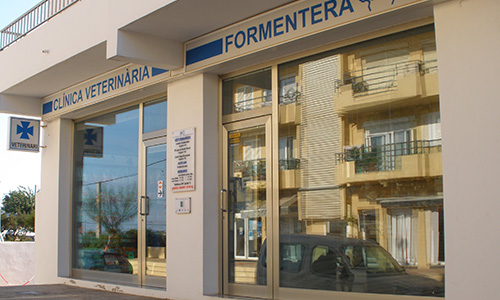
FORMENTERA Centre
COFIB wildlife recovery centre in Formentera
